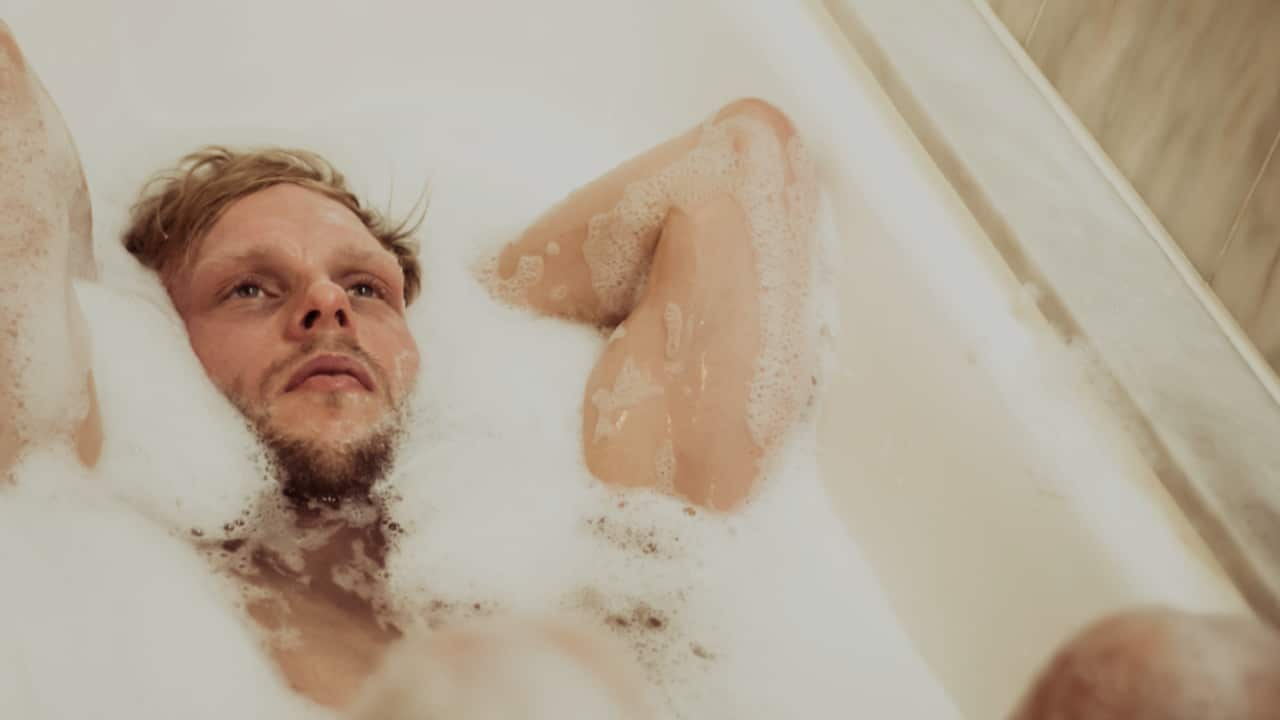I am a firm believer in parallel universes. I know they exist, because I travel between them.
I can mostly travel by choice, and I have a few favourite worlds I like to spend my time in.
One world I happened upon after moving to Birraranga (the Wurundjeri word for the land ‘Melbourne’ is on) is the one I share with my queer ‘family’.
It’s a world where gender doesn’t exist, and therefore sexuality doesn’t really, either. It’s a world where everyone dresses how they want, everything is subjective and we are constantly rewriting the rules of acceptable behaviour.
It’s an exciting and fun and liberating world, where we can investigate what it means to be human, how we relate to others, and what is important to us as people— individually and collectively.
Within this world, there is a particular nook that I frequent. It’s where the people whom I relate to most of all gather. We understand each other as QTIPOC; queer trans and intersex people of colour. Though we come from families and cultural backgrounds that span the globe, we find solace in each other by sharing one seemingly never-ending conundrum: how to belong.
We find solace in each other by sharing one seemingly never-ending conundrum: how to belong.
How to belong in our birth families, who often misunderstand, or feel threatened by our queerness?
How to belong in the sea of strangers on the street in our black, brown and white-passing bodies, embodying a challenge to the concepts of and ?
How to exist in any and all of these worlds at the same time? How to find safety, resonance, and ourselves?
‘Belonging’ is a primal human desire since time immemorial. But I believe it has a special grip on people who struggle to hold contradicting but equally important parts of their identity in their single bodies.
Still, I believe in parallel universes. Every day I continue to travel between them, so I can live out all the facets that make me, me. Stealthily, I switch between the universe where I can be queer, the universe where I can speak my mother tongue, the universe where I can cook my comfort food, the universe where I am seen or non-binary.
And though I am yet to find a universe where I can be all of these things at once (a queer, German-speaking, Mi Goreng eating enby), I make a habit of collecting all the moments where my multitudinous (and at times seemingly contradictory) body relaxes into its messy wholeness.
Sometimes, parts of me collide in the most unlikely of places. Other times, it feels like certain universes will bar entrance to aspects of me.
How can I be openly pansexual when visiting family in Indonesia, where homosexuality is taboo? Then again, how is it that Indonesia is home to in Southeast Asia and yet people are still being , and even because of who they love?
Stealthily, I switch between the universe where I can be queer, the universe where I can speak my mother tongue, the universe where I can cook my comfort food.
On the other hand, how can I possibly explain to my white queer friends that I will willingly put up with misgendering and othering by my family members, because I so deeply value our relationship, our bond, our culture and stories? That even though I cannot fully be myself around them, I still feel recognised and seen in ways that I don’t around my white friends?
Sometimes it feels like I willingly let go of parts of myself, so that other parts of me can be seen. In this process, I am constantly carving out ways to be that accentuates certain features of my body, my words, my behaviour, while tucking the rest away.
It’s a tiring balancing act, to flit between worlds and be these different, reduced versions of yourself, having to shift your weight and identity like a kaleidoscopic looking glass so that each little gem can be the centrepiece for a while.
There are times I wish my identity had the simplicity of a still life - an array of healthy, budding plants arranged on a table, each equally important and beautiful, reflecting off each other, so the viewer can appreciate every detail as its own, as well as part of a whole.
But more often than not, I find myself performing a complex act of fluidity; pulsing fragments of myself from universe to universe; vines growing out of a dozen of different vases to make up one big messy cluster in the middle of the table.
Each one of these universes give me strength and nurture me in different ways. Maybe the closer I hold them to my chest, the more they will fuse into one — and I can be this queer, German speaking, Mi Goreng-eating enby all the time.
Sumarlinah is a dancer, activist and organiser. They host a podcast Carceral Complex, curator for Liminal Magazine. You can follow Sumarlinah on Twitter
This article was edited by Candice Chung, and is part of a series by SBS Life supporting the work of emerging young Asian-Australian writers. Want to be involved? Get in touch with Candice on Twitter



